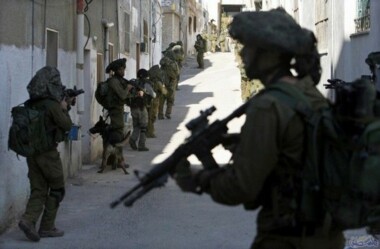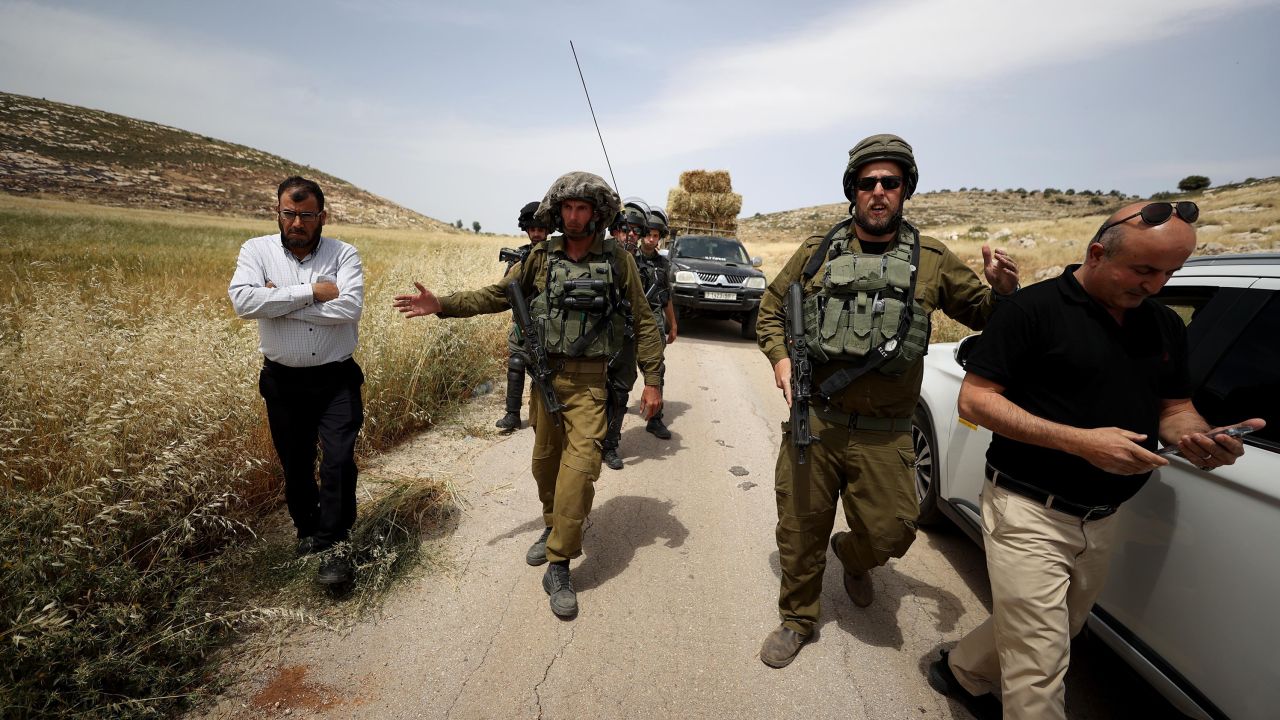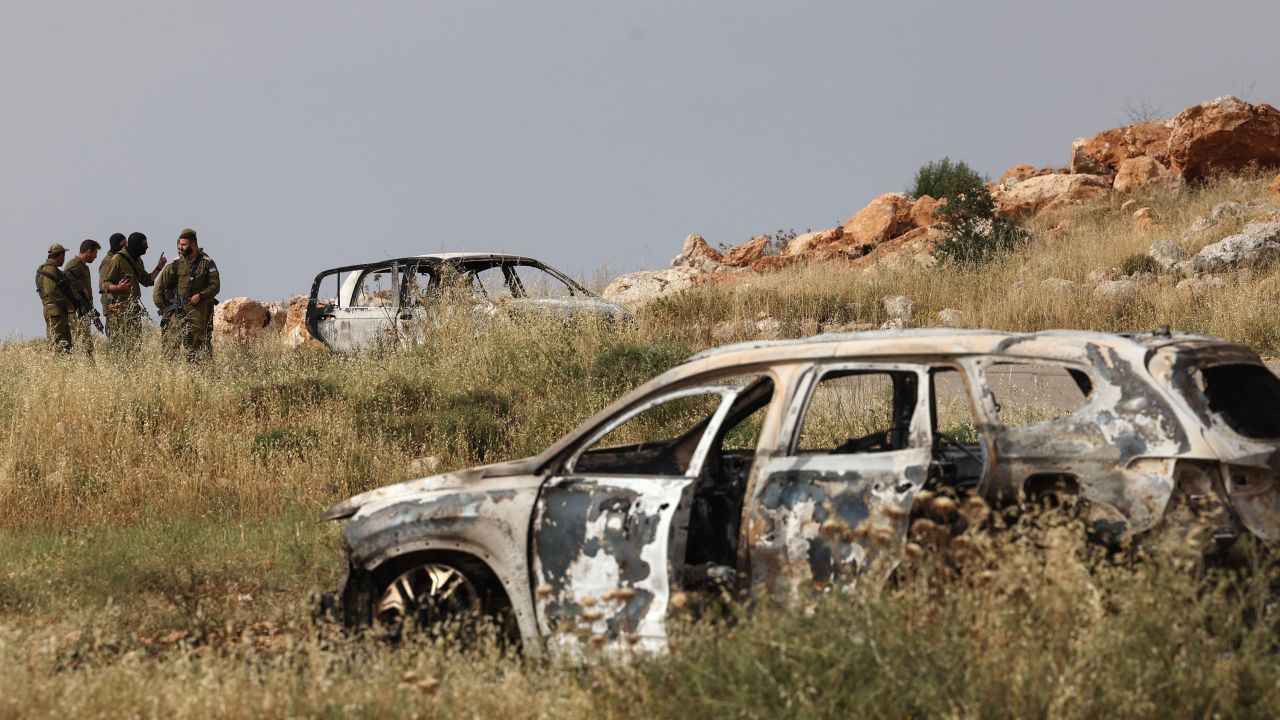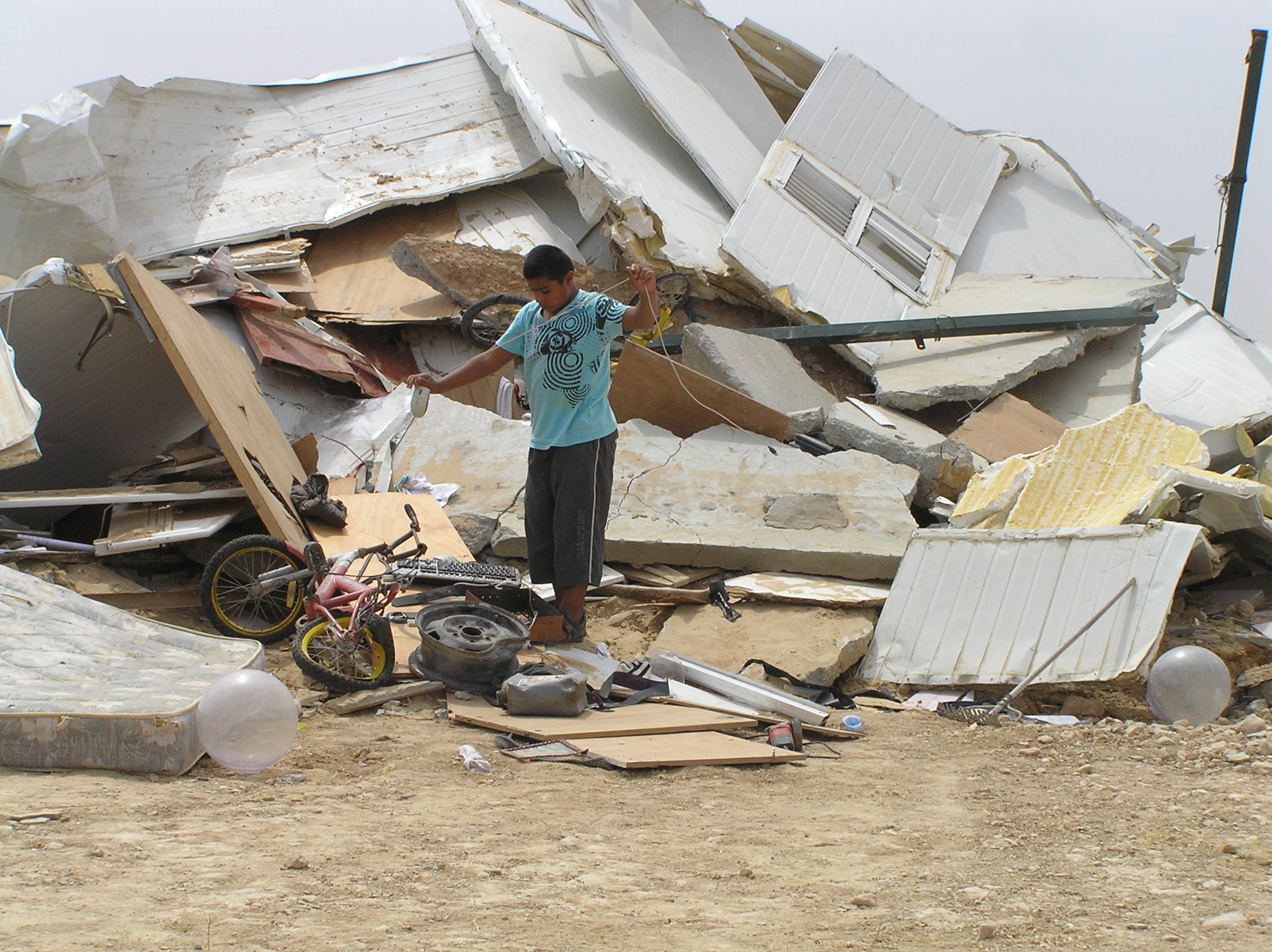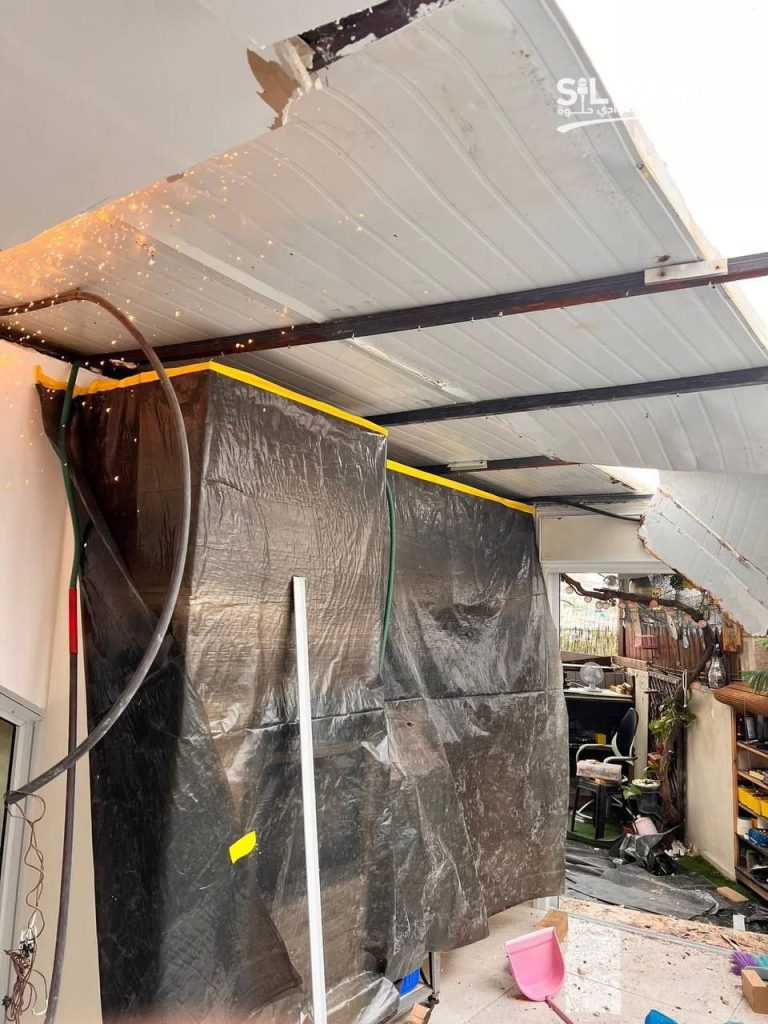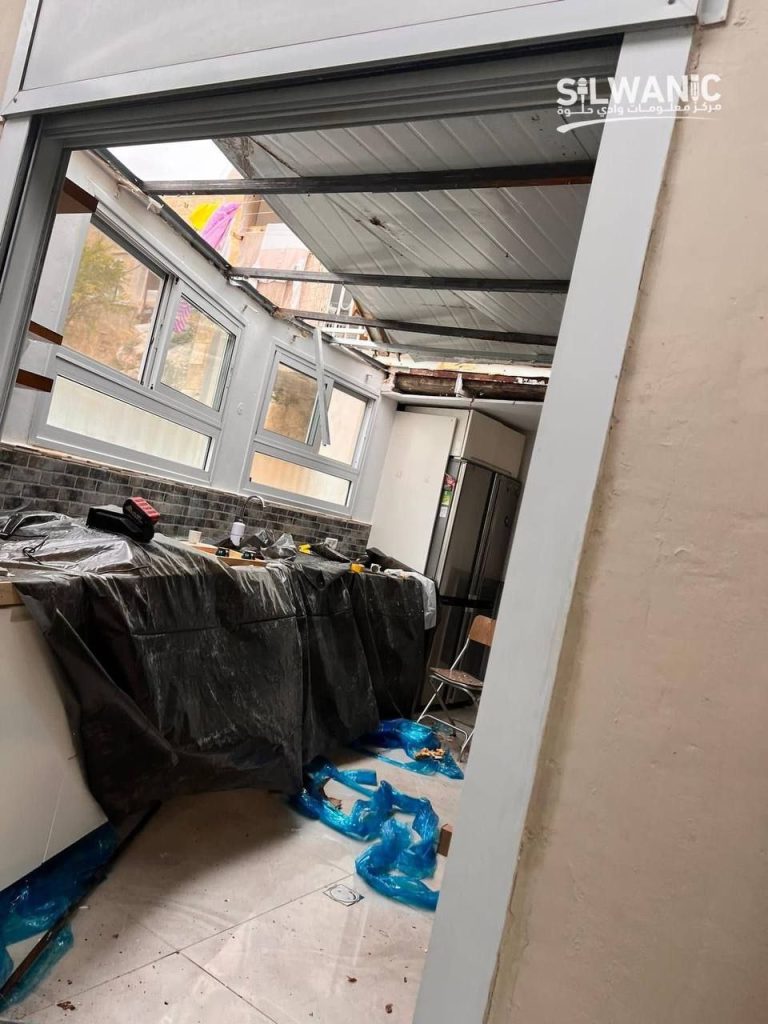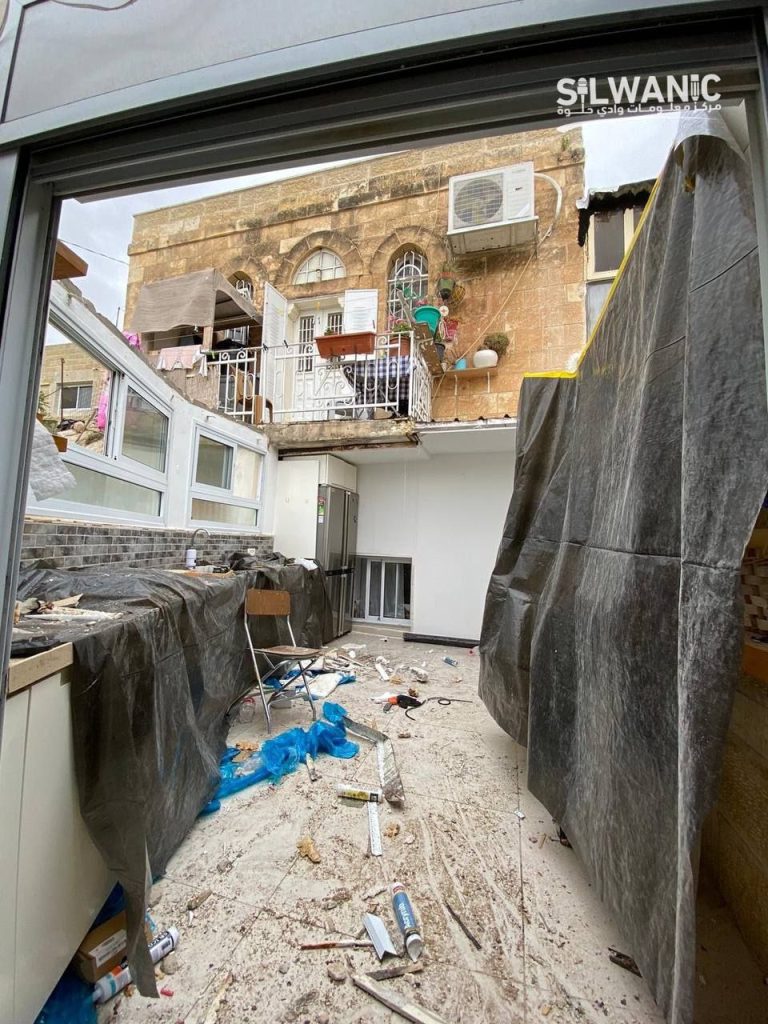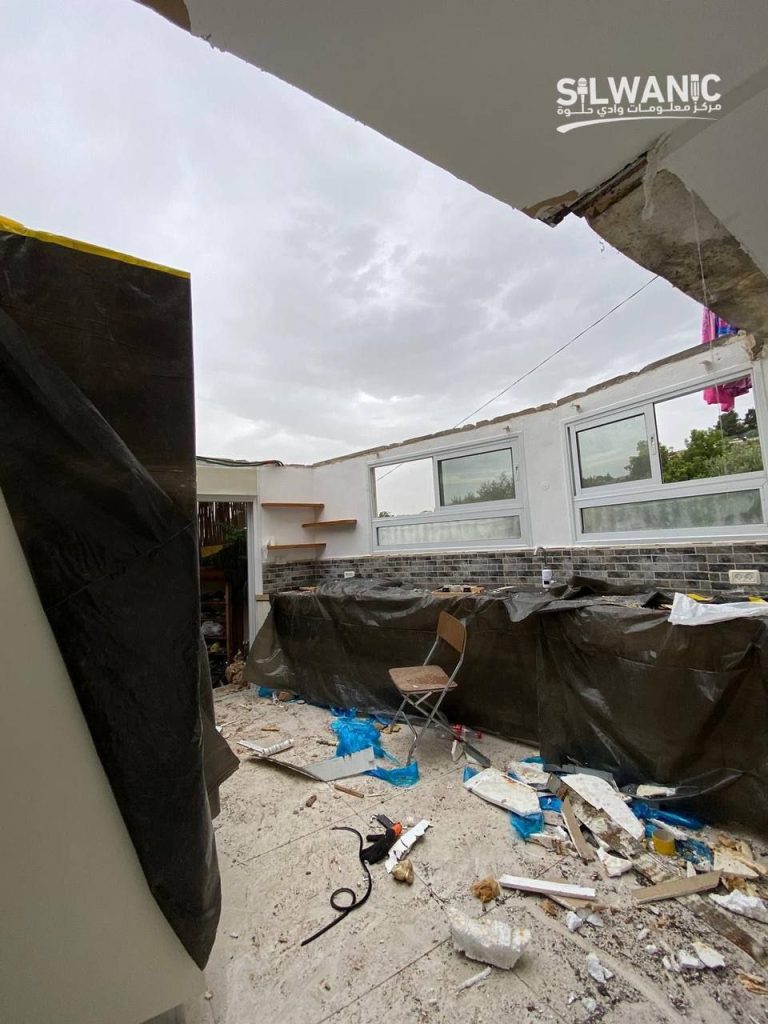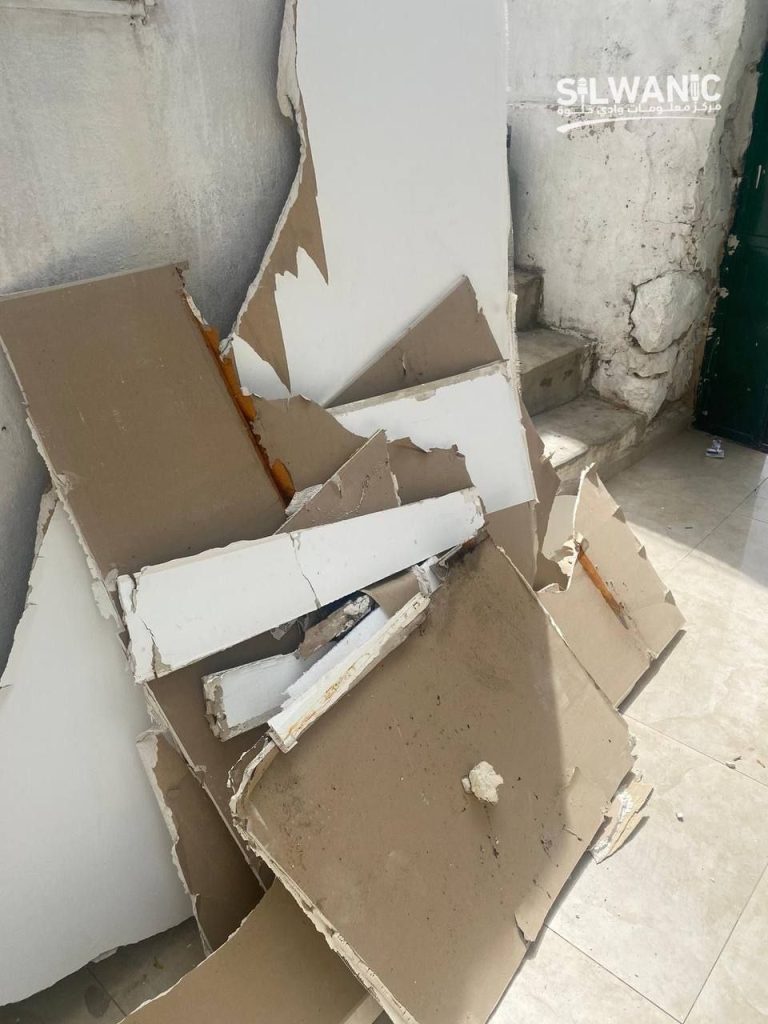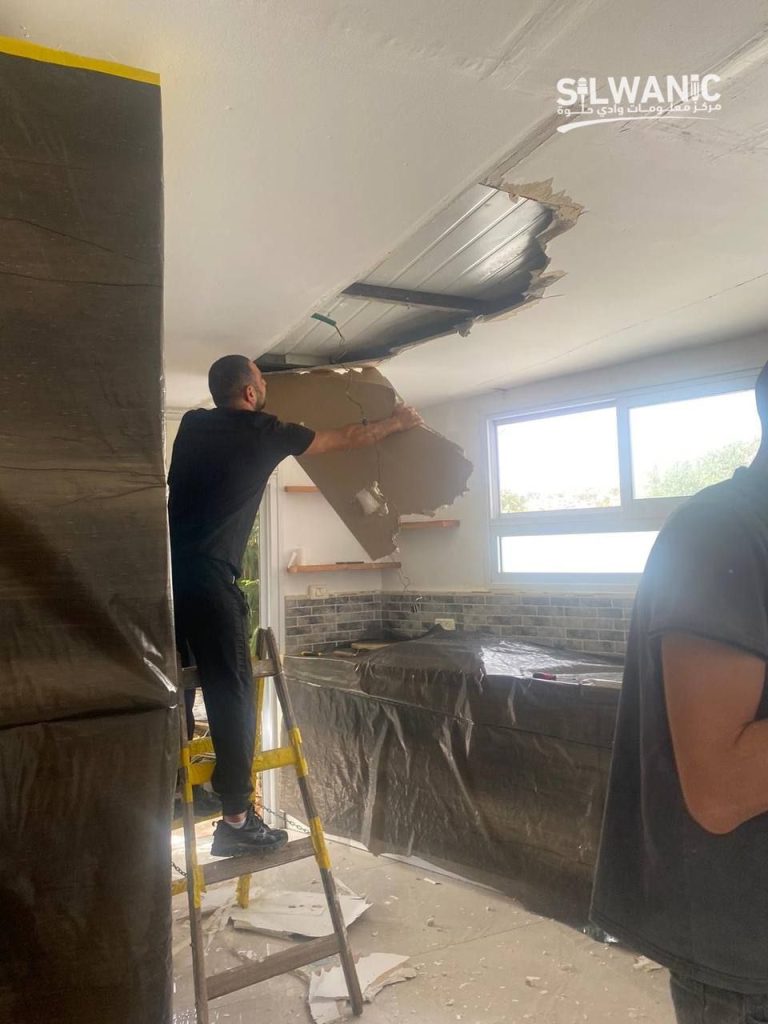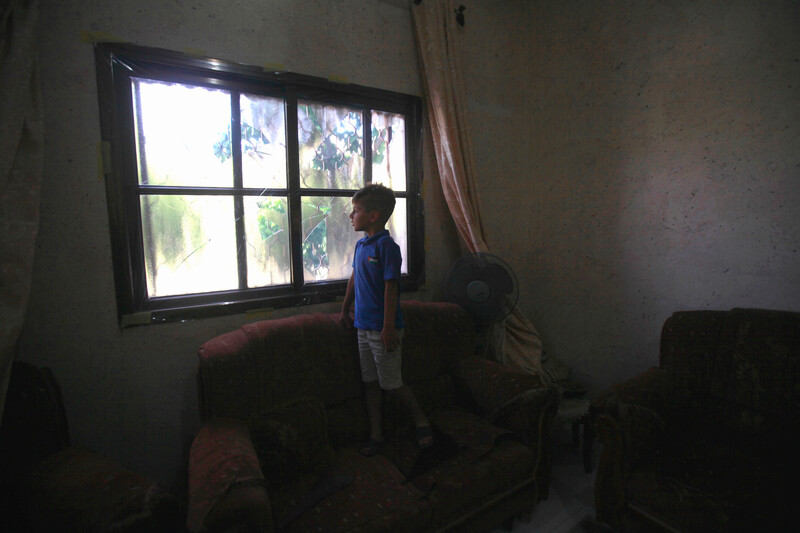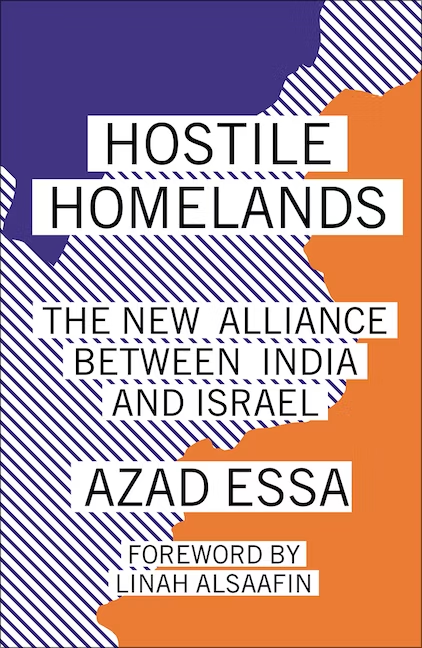Washington Post Exposes Israeli Occupation Crimes in Investigative Report
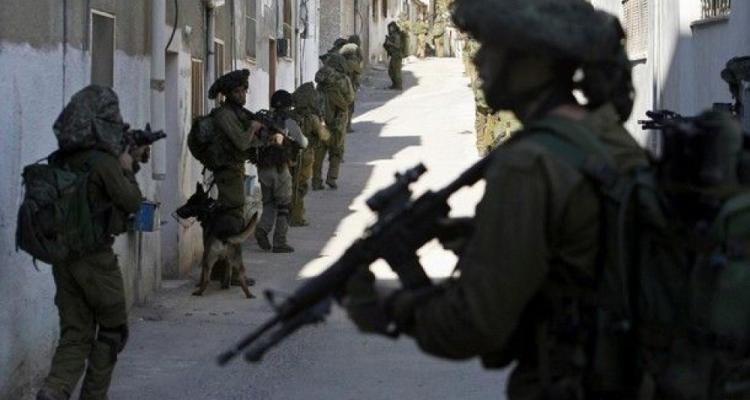
The Washington Post released a report on Friday which uncovered Israeli occupation forces deliberately slaying Palestinian civilians, including minors, in the guise of “secret missions.”
For many years, nighttime raids and arrests featured heavily in the lives of Palestinians living in the occupied West Bank. However, since the rise to power of the most right-wing government in Israeli history, there has been a notable uptick in daytime raids conducted in crowded areas such as Jenin.
The Washington Post compiled 15 videos related to the violent Israeli raid in Jenin on March 16, causing the deaths of four Palestinians – Nidal Khazem, Yousef Shreim, Omar Awadin, and Louay Al-Saghir. Internal video recordings from local stores near the incident were obtained to reenact the attack, and nine eyewitnesses were surveyed with four more providing testimonies to construct the event using three-dimensional imaging.
A number of experts informed the American newspaper that the Israeli intrusion into Jenin on March 16 transgressed the worldwide illegality on extrajudicial executions.
This violation is made worse because the ones that the Israeli occupation deemed to be armed did not pose a danger to the Israeli forces during the assassination, coupled with the presence of numerous innocent people in the area.
According to Philip Alston, the former U.N. special rapporteur on extrajudicial executions, after analyzing the evidence given by The Washington Post, it is possible to conclude with certainty that the incident constituted extrajudicial executions.
Alston stated that the situation was further exacerbated by the use of deadly shots even after the two Palestinians had been neutralized.
Michael Lynk, former UN special rapporteur on human rights in the Palestinian territories, said these particular killings were “profoundly unlawful” under international standards. He added that the unlawfulness was “heightened by the apparent choice to conduct these targeted killings in a busy civilian market.”
Lynk observed that neither of the two young men who were the focus of the raid showed any signs of posing a danger at that moment in time, not even any sort of imminent danger, and they likely could have been detained.
Michael Sfard, a human rights lawyer who has previously challenged the legality of Israel’s assassinations in Israel’s Supreme Court, described the Jenin raid as extremely typical of how Israel conducts its lethal-force operations.
|
WASHINGTON May 27. 2023 (Saba) - On Friday, the Washington Post published an investigation of Zionist special forces directly targeting Palestinian citizens "Al-Musta'rebon" by killing them, especially those involving children.
Zionist intrusions have long been an essential component of life in the occupied West Bank, but they have often occurred at night, usually ending in arrests, but this year, under the most right-wing government in the occupying entity's history, an increasing number of intrusions were carried out during the day in densely populated areas such as Jenin.
The newspaper synchronized 15 videos of the Zionist bloody incursion into the city of Jenin on the day of March 16, which led to the martyrdom of four Palestinians, Nidal Khazem, Yousef Shrem, Omar Awadin and Luai al-Saghir, the investigation obtained video footage from CCTV from shops adjacent to the Zionist special forces' entry point.
The newspaper spoke to nine witnesses and obtained testimony from four others to reproduce the intrusion with a three-dimensional system.
The newspaper quoted a number of experts that spoke to: "The Zionist intrusion into the city of Jenin on the day of March 16 is a violation of the international ban on extrajudicial killings, and this violation is aggravated by the fact that the occupation entity claimed to be armed did not pose any threat to the Zionist forces at the time of the assassination, along with the presence of many civilians in the place.
"One can say with some confidence that these are extrajudicial executions," former United Nations Special Rapporteur on extrajudicial executions Philip Alston told The Washington Post after reviewing the evidence presented by the newspaper.
It was then compounded by more fatal shots, even after the neutralization of the two people, "Alston added. According to his expression.
For his part, former United Nations Special Rapporteur for Human Rights in the Palestinian Territories Michael Lynk said: "These killings are highly illegal under international standards, and what increases their illegality is the choice to carry out the assassinations in a clearly crowded civilian market."
Lynk pointed out that neither of the two young people targeted "appeared to represent any threat, not even an imminent threat, and could have been arrested".
Michael Sfard, a human rights lawyer who has previously challenged the legality of assassinations carried out by the occupying entity in its Supreme Court, described the intrusion into Jenin as "an ideal model for how Israel can carry out operations involving lethal force".
E.M
The Guardian: Study Unearths 3 Mass Graves in Massacred Tantura Village
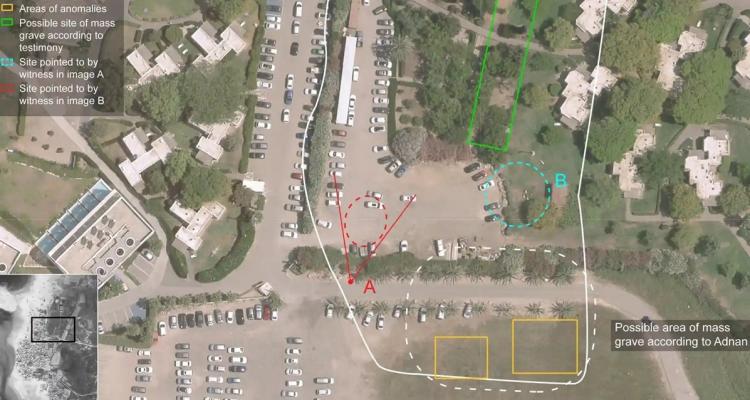
An investigation has uncovered three possible mass graves underneath the wreckage of the coastal village of Tantura in the Haifa area, which was annihilated during the Israeli occupation of Palestine in 1948.
Researchers and historians, according to The Guardian, reported that a massacre conducted by Zionist gangs resulted in the death of many Palestinians who resided in the village that contained around 1500 people. Strikingly, Israeli beach resorts now sit atop the mass graves that linger as a reminder of the tragedy.
The newspaper said that a car park at one of the holiday destinations had been constructed over some mass graves.
The “Forensic Architecture” research agency has supplied experts to lead the new investigation, as reported by “the Guardian.”
The newspaper studied mapping information and aerial photographs from the British Mandate period, as well as testimonies recently gathered from both survivors and those responsible for the events and data from the Israeli occupation forces.
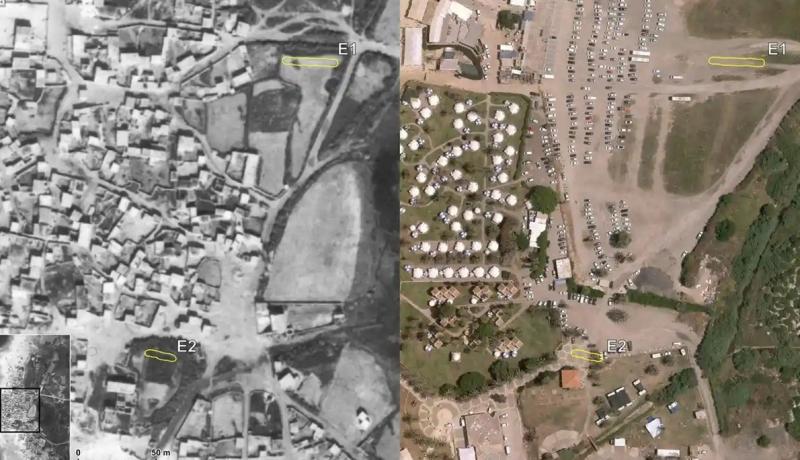
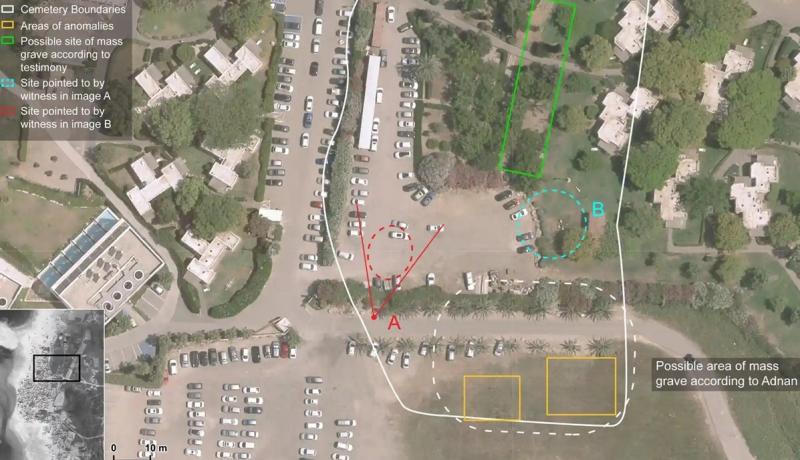
The data obtained was utilized to construct three-dimensional diagrams that pinpointed potential sites for murder and mass burials, the limits of cemetery grounds that had been present before, and if any gravesites were unearthed or taken away.
Just recently, the International Center for Justice for Palestinians hosted a showing of a documentary on the Tantura massacre at the British Academy of Film and Television Arts in London.
The movie centers around an Israeli scholar’s recording of the bloody events in the town of Tantura in Haifa after the 1948 Nakba, as well as the resultant prosecution and torment that caused him to lose his academic title at the end of the 1990s.
